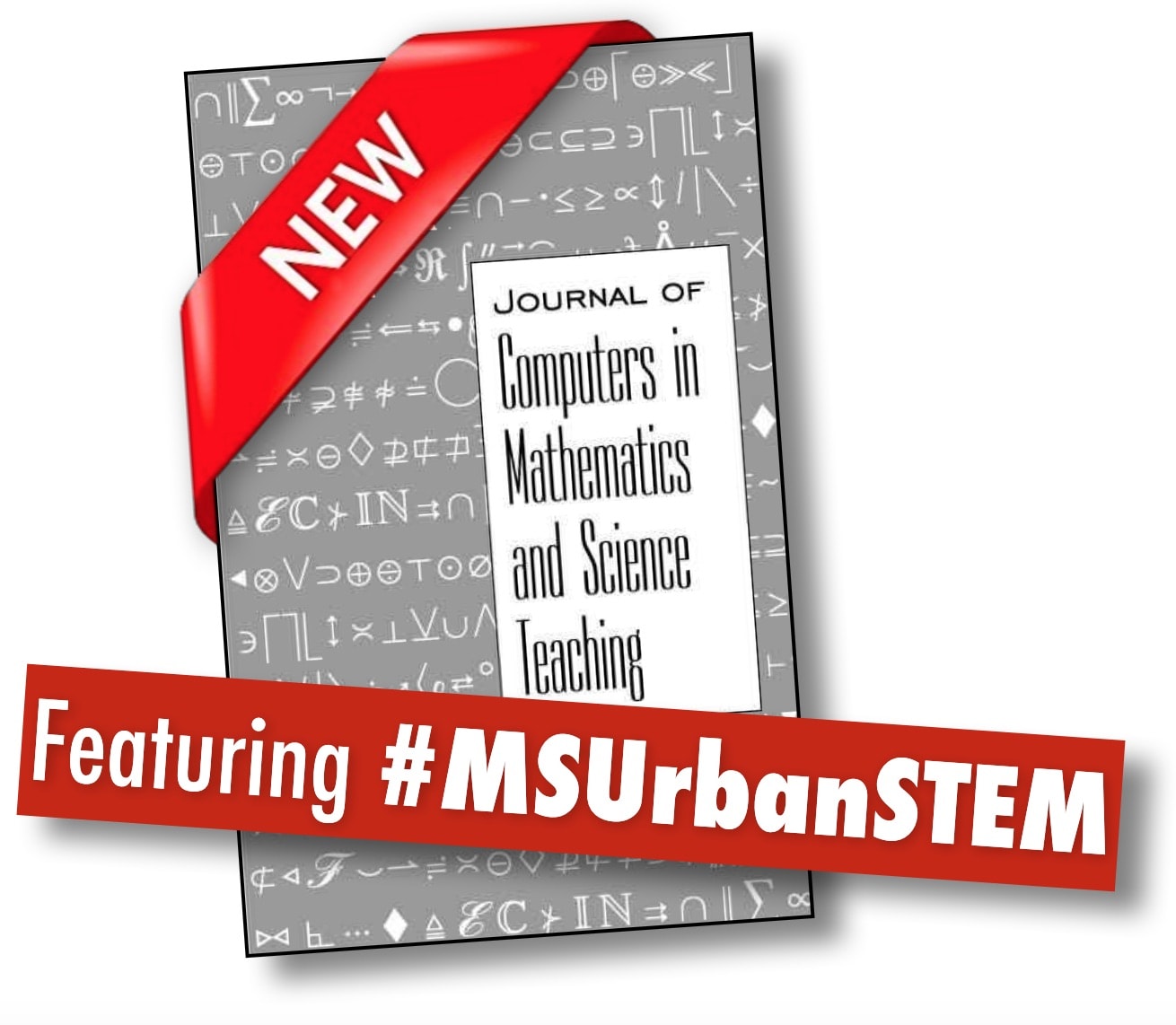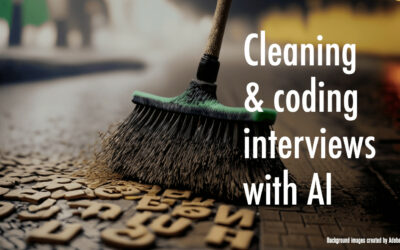Matt Koehler just created a webpage that tracks the citations of our original TCRecord article, as reported by Google Scholar, in real time. The reference is as follows:
Mishra, P., & Koehler, M. J. (2006). Technological Pedagogical Content Knowledge: A new framework for teacher knowledge.Teachers College Record 108 (6), 1017-1054.
You will note that in this paper we call the framework TPCK (not TPACK). That came much later. At this time Google Scholar indicates that there are over 550 citations to this article. Additionally, curve gives no signs of flattening off. It is a cool piece of php programming and makes us feel good too!
I am including a screen shot of chart below, but for the continually updated page you will need to go to Matt’s website.





That’s good creation Matt Koehler, that’s quite interesting and great results.
Gabriel